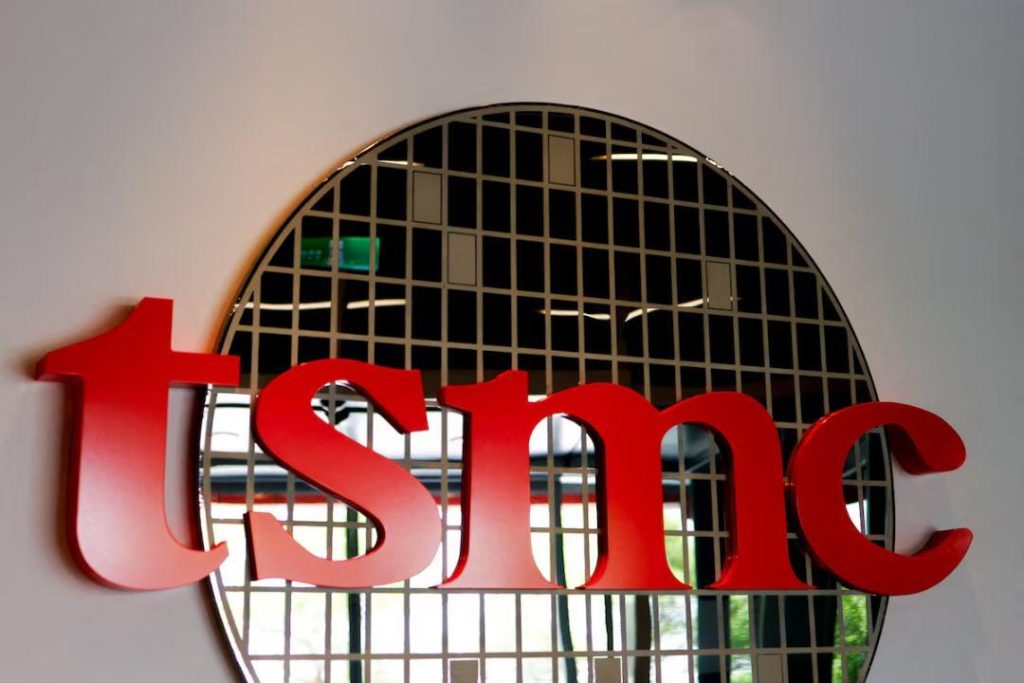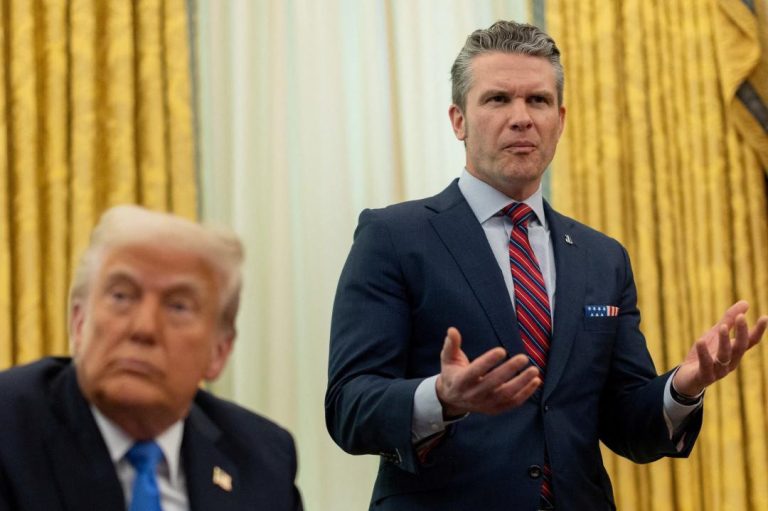
TSMC Must Seek Govt Permission to Deal Globally: Taiwan Minister
Taiwan’s economy minister, Kuo Jyh-huei, has made it clear that chipmaker Taiwan Semiconductor Manufacturing Company (TSMC) would need to seek government permission for any overseas joint ventures. This statement comes amid reported allegations from China that Taiwan is seeking to give away its semiconductor industry to the United States.
Kuo’s remarks were made during a press conference, where he emphasized the importance of TSMC’s role in Taiwan’s economy and the need for the government to maintain control over the company’s activities. “No one can shake the foundations of Taiwan’s semiconductor industry,” Kuo said. “We have to have confidence in TSMC and we will support them.”
The Taiwanese government’s stance on TSMC’s overseas joint ventures is seen as a response to China’s allegations that Taiwan is seeking to give away its semiconductor industry to the US. China has been critical of Taiwan’s plans to expand its chipmaking capabilities and has accused the island country of seeking to undermine China’s own semiconductor industry.
However, Kuo’s statement suggests that the Taiwanese government is committed to maintaining control over TSMC’s activities, regardless of any potential benefits that may arise from overseas joint ventures. This is likely to be seen as a blow to China’s efforts to undermine Taiwan’s semiconductor industry, as it suggests that the Taiwanese government is committed to protecting its own interests and maintaining its control over the industry.
TSMC is a critical component of Taiwan’s economy, and the company is widely seen as a key player in the global chipmaking industry. The company is responsible for manufacturing chips for many of the world’s leading technology companies, including Apple, Qualcomm, and NVIDIA.
In recent years, TSMC has been expanding its capabilities and has announced plans to invest heavily in new facilities and research and development. The company has also been exploring opportunities for overseas joint ventures, which could provide new markets and revenue streams for the company.
However, Kuo’s statement suggests that any overseas joint ventures will be subject to government approval, which could slow down the company’s plans for expansion. This could be seen as a blow to TSMC’s plans for growth, as it could limit the company’s ability to expand its operations and take advantage of new opportunities.
The Taiwanese government’s stance on TSMC’s overseas joint ventures is likely to be seen as a response to China’s allegations that Taiwan is seeking to give away its semiconductor industry to the US. China has been critical of Taiwan’s plans to expand its chipmaking capabilities and has accused the island country of seeking to undermine China’s own semiconductor industry.
However, Kuo’s statement suggests that the Taiwanese government is committed to maintaining control over TSMC’s activities, regardless of any potential benefits that may arise from overseas joint ventures. This is likely to be seen as a blow to China’s efforts to undermine Taiwan’s semiconductor industry, as it suggests that the Taiwanese government is committed to protecting its own interests and maintaining its control over the industry.
The Taiwanese government’s stance on TSMC’s overseas joint ventures is also likely to be seen as a response to concerns about the security implications of Taiwan’s chipmaking industry. The Taiwanese government has been concerned about the potential risks associated with Taiwan’s reliance on China for chipmaking supplies, and has been seeking to diversify its supply chain and reduce its dependence on China.
Kuo’s statement suggests that the Taiwanese government is committed to maintaining control over TSMC’s activities, regardless of any potential benefits that may arise from overseas joint ventures. This is likely to be seen as a blow to China’s efforts to undermine Taiwan’s semiconductor industry, as it suggests that the Taiwanese government is committed to protecting its own interests and maintaining its control over the industry.
In conclusion, Kuo’s statement suggests that TSMC will need to seek government permission for any overseas joint ventures. This is likely to be seen as a response to China’s allegations that Taiwan is seeking to give away its semiconductor industry to the US, and is a reflection of the Taiwanese government’s commitment to maintaining control over the industry. The Taiwanese government’s stance on TSMC’s overseas joint ventures is likely to be seen as a blow to China’s efforts to undermine Taiwan’s semiconductor industry, and is a reflection of the government’s commitment to protecting its own interests and maintaining its control over the industry.
Source:






